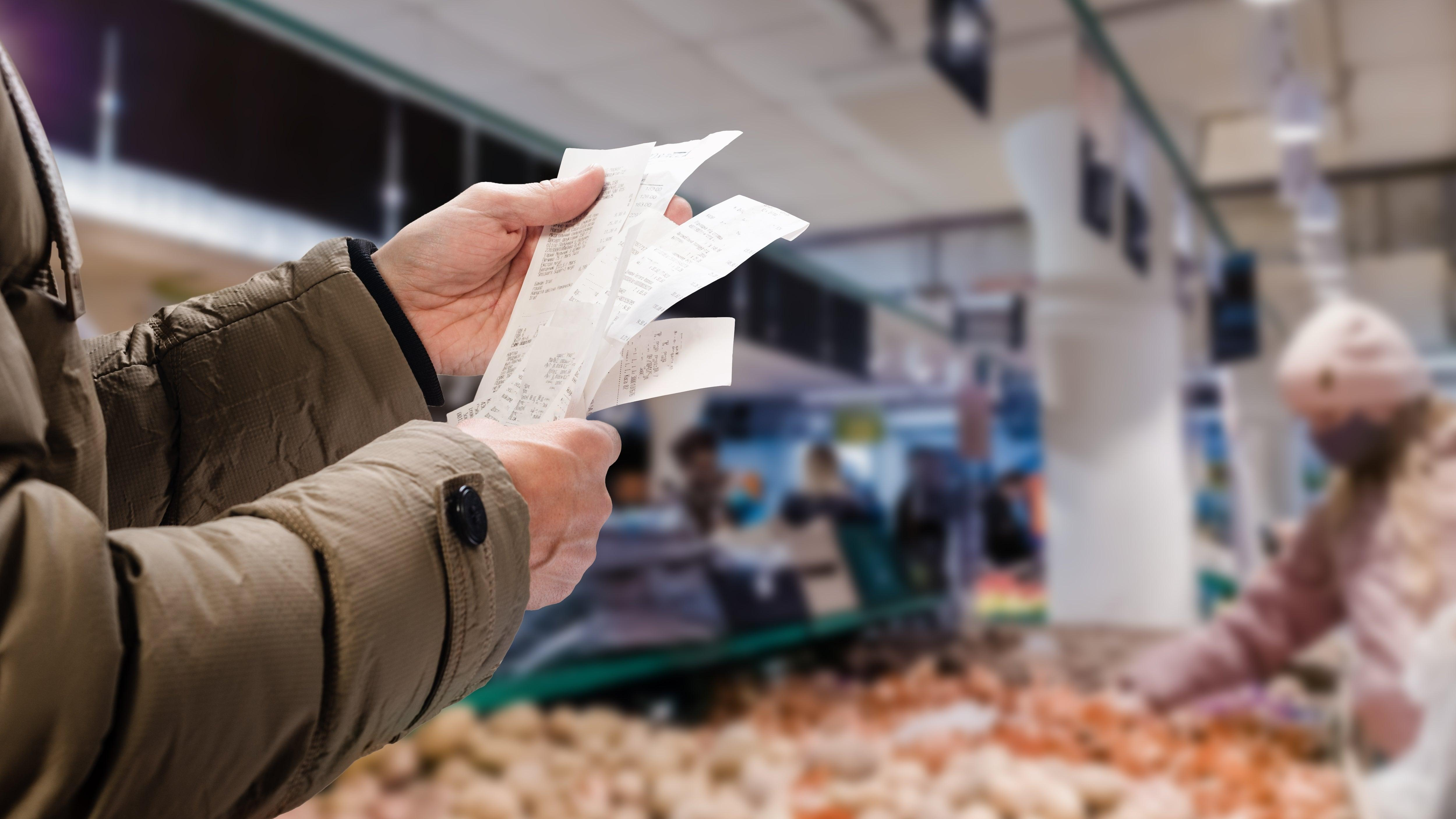Corporate Greed Has Something To Do With 'Inflation-Related' Grocery Prices
Will costs remain high because of inflation, or because suppliers want more money?
Inflation is affecting all of us, especially at the grocery store. It's hard not to wonder where all that extra money is going—and whether every supplier is being honest about the reasons for these price hikes. The chairman of British grocery store chain Tesco, John Allan, suggested in a recent discussion with the BBC that food corporations are taking advantage of the economic situation. However, suppliers are pushing back on his comments.
Why grocery prices are rising
Allan told the BBC that while there are market-related reasons for many rising costs, it was "entirely possible" that food suppliers are raising prices unnecessarily and taking advantage of consumers in the process. Believing greed to be fueling the change in price of some goods, Tesco has dropped certain suppliers due to pricing disputes.
Tesco, Allan said, has an internal team dedicated to determining the likelihood that the prices being quoted by suppliers are legitimate. Last year, the grocery chain went so far as to remove Heinz beans and even its ketchup from shelves due to a squabble over pricing, one that was eventually resolved.
But some food and beverage companies are none too pleased by Allan's words. John Bason, finance director of AB Foods (whose brands include Twinings tea and Ovaltine), refuted Allan's comments, telling Reuters that even as the cost of groceries continues to rise, AB Foods' profit margins are going down in the grocery sector, not up. He went on to imply that AB Foods is simply taking the hit during this economic downturn. But that doesn't seem to be the case with every manufacturer of consumer goods.
The Daily Mail reports that some corporations, including food company Mondelez International, are raking in the profits. In fact, the Mail writes that the seven top consumer companies combined are projected to have earned roughly $2.5 billion more in profits in 2022 versus 2021. (This includes other consumer goods besides food and drinks.)
Finally, it gets even more complicated: CNBC reports that a consumer group called Which? has determined that, yes, the inflation rate of certain branded food and drink products has risen, but grocery stores' house brands had actually risen in price more than the leading brands.
No matter what the true story behind the price hikes might be, it should be fairly obvious where the pain will be felt the most: Low-income families who are already struggling to get by are going to be affected disproportionately by any pricing shenanigans. Shrinkflation is one thing, but being unable to afford a household staple altogether is a whole different one. As the cost of commodities like eggs continues to skyrocket, we need to keep an even more watchful eye on which items are getting more expensive, which companies might be faring suspiciously better than the rest of us.
